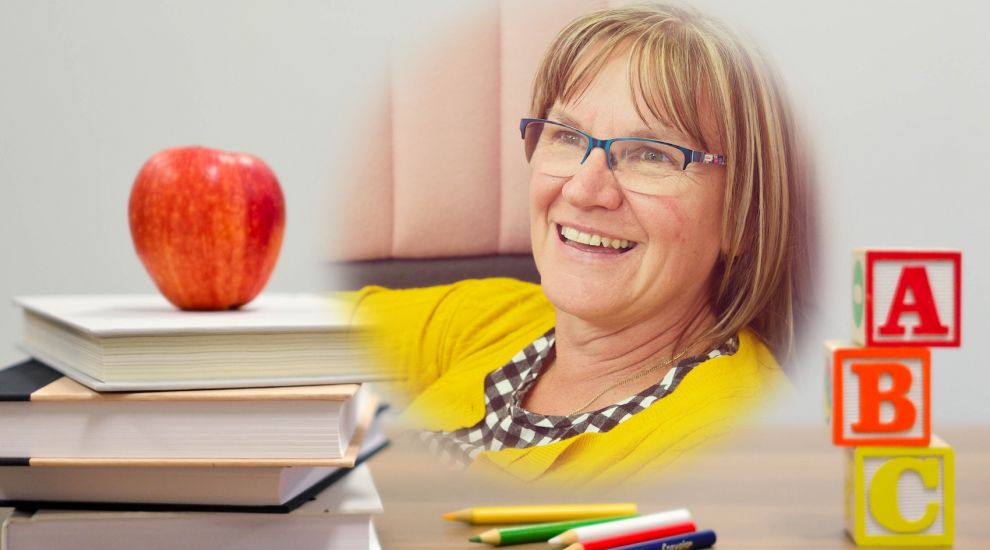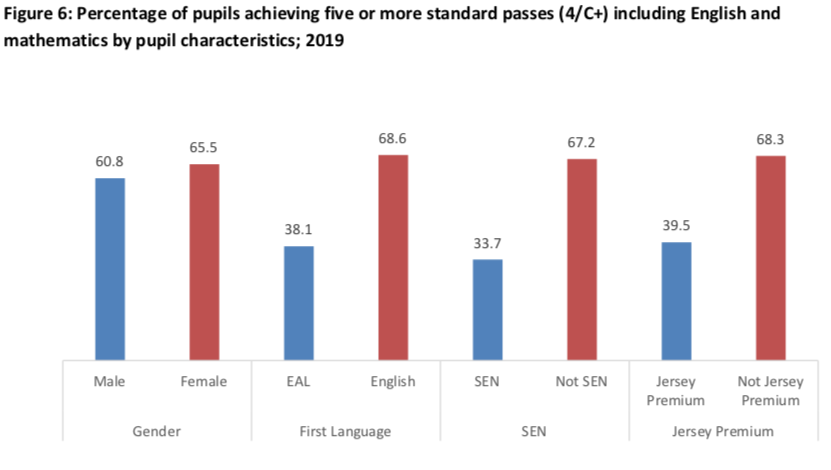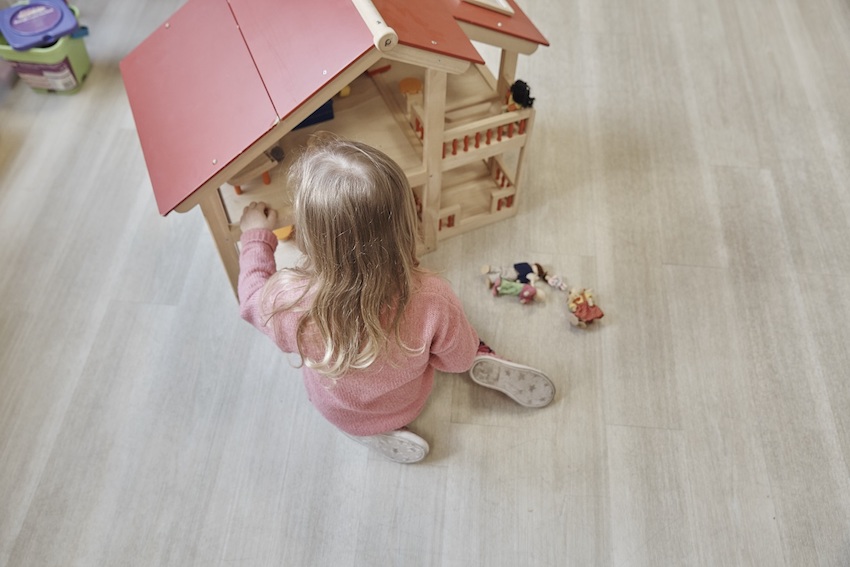


Pumping £7.9 million into the education system will not be enough to close the grades gap for children from low income families or with English as an additional language, the Children’s Commissioner has warned.
And Deborah McMillan believes the island needs joined-up action to tackle poverty, with 3,500 pupils already claiming special government support.
Her comments come in the wake of the Independent School Funding Review, which concluded that a total of £11.6 million was needed, to both reform the system, but also address current deficits.
In order to address this underfunding, the Government Plan is proposing to earmark an additional £7.9m to fund education in 2021, an amount which will rise to £11.6m over the next four years.
Among other things, the review called for more support for children with low grades and English as an additional language (EAL) as well as an increase in the Jersey Premium: a funding top-up for schools based on the number of children in care or those from households claiming Income Support.
Mrs McMillan says that while the review and its recommendations are really welcome, something is missing to address “the massive barriers to education” that are island-wide.
“This is great, but on its own £7m is not going to change the outcome for children,” she said.
“What we know is that there is an attainment gap. The way the education is measured at 16 is about how many standard passes you get. Overall, it looks good but if you split it between the children who are in reception of the Jersey premium and those who aren’t the gap is 40%.”

Pictured: Figures show a gap between the results of children on the Jersey Premium and those who are not.
According to the latest report on GCSE and equivalent results in Jersey, 39.5% of pupils on the Jersey Premium achieved five or more standard passes, a proportion that rises to 77% for those not on the premium.
The gap is similar between children who have English as an additional language (38.1%) and those for whom it is the first language (68.6%).
“For our children who are growing up in situations of vulnerability or in poverty, the outcomes are poor and the gap is bigger,” the Children’s Commissioner said.
“How does the gap start?” she continued. “What we know is that in our town schools, such as Rouge Bouillon, half of the children in school get the Jersey premium, which means they are from low income families, and two thirds speak English as an additional language.
“What Russell [Price, the headteacher] says is that at age four they start school with a development level that is far behind that of their peers, and data from primary and secondary school shows that the gap just gets bigger.”

Pictured: Mrs McMillan is calling for a joined-up approach that would help prevent children up to four years old from falling behind.
While catchup lessons and support for children with EAL are “all good stuff”, Mrs McMillan is calling for a joined-up approach that would help prevent children from 0 to four-years old from falling behind.
“29% of children are growing up in relative poverty and we need to tackle this with a new government strategy,” she said.
“There is extra money going into education and health through the Care Model and they are looking at family-friendly changes to income support. What I cannot see is the absolute focus on poverty, it’s all a bit fragmented to me.”
The Children’s Commissioner says the strategy should ensure all are in good health and have access to good dentistry so that their language development is not delayed.
“Children when they enter school are more likely to succeed if they are in good health,” Mrs McMillan said.
Not in Jersey? WRONG. Children in Jersey have gone to bed tonight hungry. Food banks have made more than 3,000 deliveries to 600 people between March and
— Deborah McMillan - Children's Commissioner (@ChildComJersey) October 21, 2020
August this year. https://t.co/ZbRSbFL4ZE
The strategy should include a focus on food as some children go to school hungry, as some families are going without food.
The problem, she says, is that in addition to a “systemic issue”, the island has a “cultural issue” and refuses to talk about children growing up in poverty or arriving at school being disadvantaged.
“Take the Government plan, if you search for the word poverty, you won’t find it because they are shying away from it,” she said.
“It’s the unsaid. Nobody here talks about poverty, it’s hidden, it’s not in your face, but it’s there. We cannot see it but that does not mean that the government should not talk about it.
“We do not have a measure of poverty here, but we know 3,500 pupils are on the Jersey Premium and we also know that not all families claim it. That’s a massive number.
“We need to pull all those elements together to make sure that when children come to school they have the best chances of succeeding and that we don’t already have a generation that will never catch up."
Comments
Comments on this story express the views of the commentator only, not Bailiwick Publishing. We are unable to guarantee the accuracy of any of those comments.